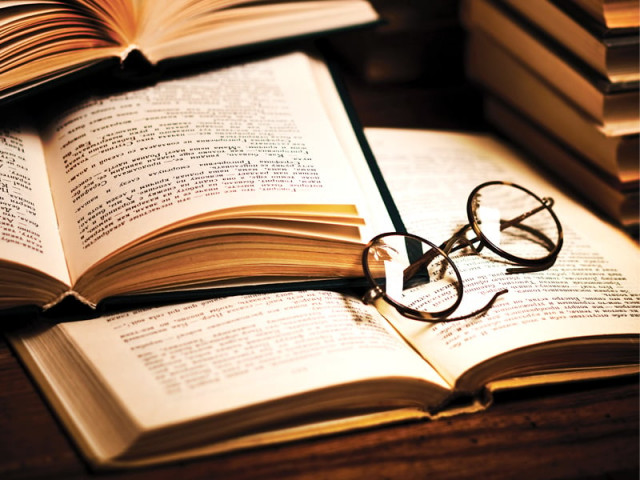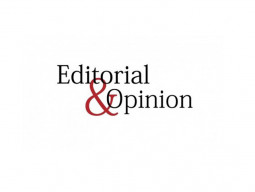
It is admitted by all Pakistanis that their society is steeped in extremist passions, some of them excited by unjust legislations like the blasphemy laws. Entire communities, such as the lawyers at the lower and high courts, have begun to take direct action on the streets to implement their extremist agenda, to say nothing of the Taliban who burn schools in fulfilment of their own vision of the perfect Islamic state. As a shocking demonstration of this trend, most people in Pakistan think that Pakistan is not following sharia, agreeing with the madrassa network that the constitutional amendment that set up the Federal Shariat Court is not sharia at all.
Textbooks have always been biased. Dislike of Christians is found in religious textbooks where Islam is described in opposition to Judaism and Christianity as creeds that rejected the pure message of Islam. The Hindus of Pakistan get the double whammy. History in our textbooks, which begins with the advent of the Arab warriors in Sindh against local Hindu rulers, and ends with the Pakistan Movement as a refusal of the Muslims of India to live together with “an unjust and hostile” Hindu community, always shows them in a bad light.
According to the commission’s report, “Hindus are repeatedly described as extremists and eternal enemies of Islam whose culture and society is based on injustice and cruelty, while Islam delivers a message of peace and brotherhood, concepts portrayed as alien to the Hindu”. This kind of bias should be excised, but the evil is constantly confirmed by inexpert analyses of contemporary India as a Hindu-majority neighbour that is against the very existence of Pakistan. Any dramatisation of events in Indian-administered Kashmir on TV will also attempt an ideological definition of Hinduism as an evil religion. More ominously, every time the home-grown Taliban kill innocent Pakistanis, police chiefs appear on TV to say that India — in tandem with Israel and the US — has done the deed. After the Babri Mosque incident in India, Hindu temples were burnt in Pakistan.
These facts go beyond the textbook to target communities against whom the school is not supposed to teach. Hindus in Sindh are becoming victims of inhuman treatment as religiously intense organisations become strong in the rural areas of the province. The Christians of Punjab are also being collectively punished on trumped up charges of blasphemy and desecration of the Holy Quran. The textbooks reflect this mindset. The report by the US commission quotes from a Grade 4 book in Punjab: “Anti-Islamic forces are always trying to finish the Islamic domination of the world. This can cause danger for the very existence of Islam. Today, the defence of Pakistan and Islam is very much in need’. A biased teacher may report Christian pupils for blasphemy, as has happened in the past, knowing full well that it takes up to nine years to get off the hook for a blasphemy accusation, given the virulently prejudiced lawyers’ community.
Pakistan will reject the US commission’s report as per a routine that has given our officials a lot of practice in hiding the truth. Things are actually much worse in a country where TV programmes show youths voting in favour of extremist passions under the rubric of ‘ghairat’ and politicians hope to garner votes by favouring the Taliban and their worldview while rejecting any action against religious terrorism by saying ‘it is not Pakistan’s war’. Some years ago, a professor in Islamabad revealed the bias of prescribed textbooks. Today, society has far surpassed the textbook and lives a life of extremism and hatred of minority communities.
Published in The Express Tribune, November 11th, 2011.













COMMENTS
Comments are moderated and generally will be posted if they are on-topic and not abusive.
For more information, please see our Comments FAQ